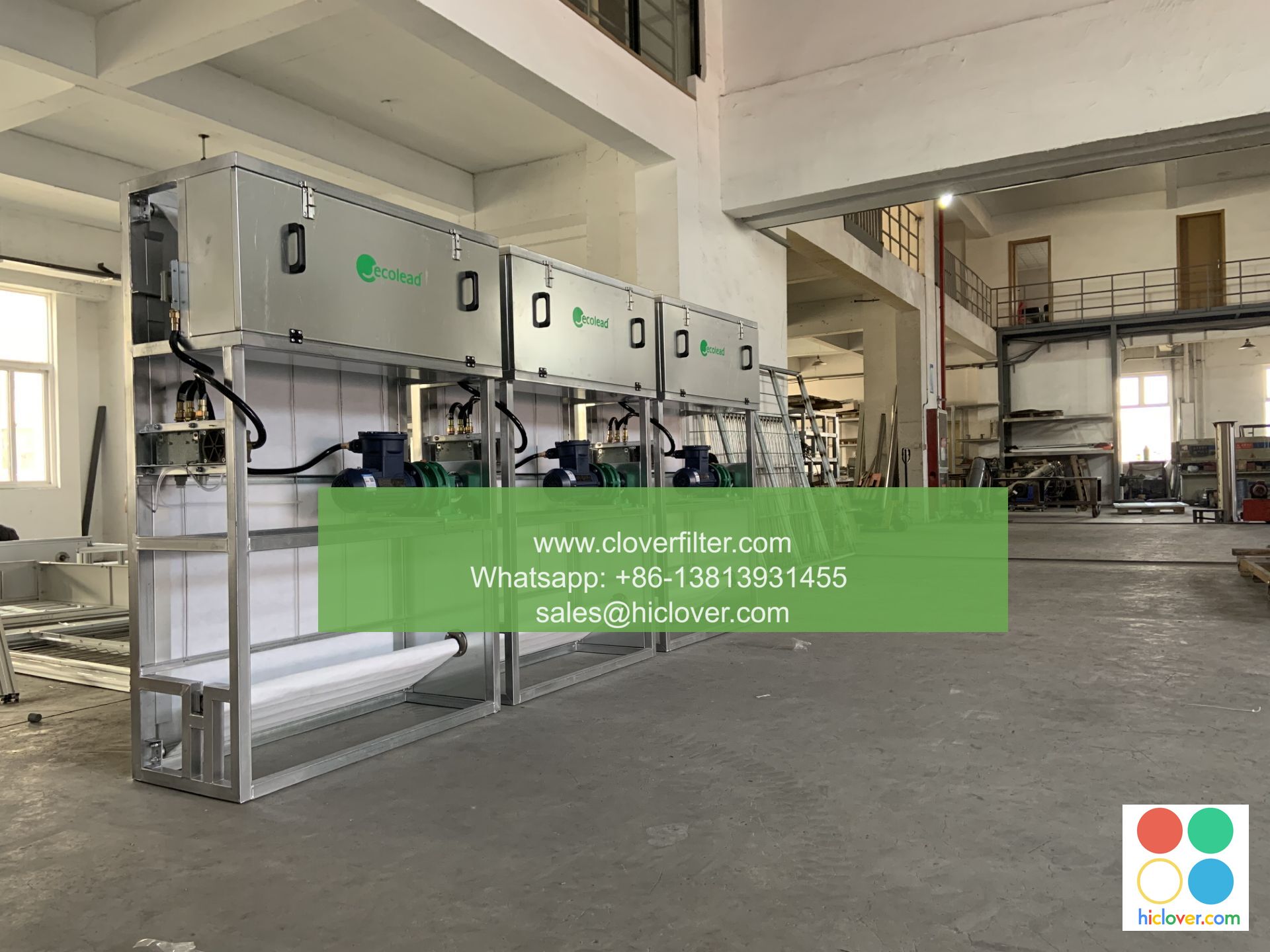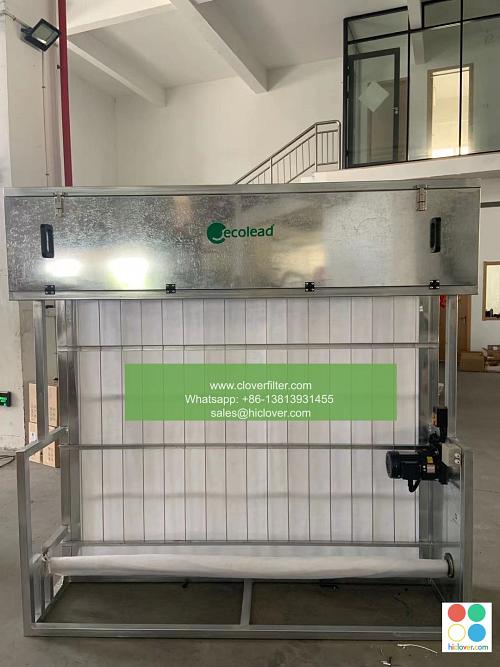The Importance of Air Filters in Healthcare: A Review

Air filters play a crucial role in maintaining a healthy environment in healthcare settings, including hospitals, clinics, and medical research facilities. The primary function of air filters is to remove airborne pathogens, particulate matter, and gaseous contaminants from the air, thereby reducing the risk of hospital-acquired infections (HAIs) and improving indoor air quality (IAQ). In this article, we will review the importance of air filters in healthcare, highlighting various application areas, and discuss the different types of air filters used in these settings.
Types of Air Filters Used in Healthcare
Several types of air filters are used in healthcare settings, including HEPA filters, ULPA filters, activated carbon filters, and pre-filters. HEPA filters are widely used in healthcare due to their high efficiency in removing 99.97% of particles as small as 0.3 microns, including bacteria, viruses, and fungal spores. ULPA filters are used in areas requiring ultra-clean air, such as operating rooms and laboratories, as they can remove 99.99% of particles as small as 0.1 microns.
Application Areas of Air Filters in Healthcare
Air filters are used in various application areas in healthcare, including:
* Operating rooms: to maintain a sterile environment and prevent surgical site infections
* Patient rooms: to reduce the risk of HAIs and improve patient outcomes
* Laboratories: to maintain ultra-clean air and prevent contamination of samples and equipment
* Isolation rooms: to prevent the spread of infectious diseases and maintain a safe environment for patients and healthcare workers
* Pharmacies: to maintain a clean environment and prevent contamination of medications
Benefits of Air Filters in Healthcare
The use of air filters in healthcare settings offers several benefits, including:
* Reduced risk of HAIs: by removing airborne pathogens and particulate matter from the air
* Improved IAQ: by removing gaseous contaminants and odors from the air
* Increased patient safety: by maintaining a sterile environment and preventing surgical site infections
* Reduced risk of occupational illnesses: by removing hazardous substances from the air and preventing healthcare worker exposure
Conclusion
In conclusion, air filters play a critical role in maintaining a healthy environment in healthcare settings. By removing airborne pathogens, particulate matter, and gaseous contaminants from the air, air filters can reduce the risk of HAIs, improve IAQ, and increase patient safety. It is essential to select the right type of air filter for each application area and to maintain them regularly to ensure optimal performance. By highlighting the importance of air filters in healthcare, we hope to raise awareness about the critical role they play in maintaining a safe and healthy environment for patients and healthcare workers. You haven’t asked a question or provided any context for me to respond to. Please provide more information or ask a question so I can assist you.

